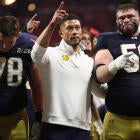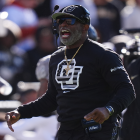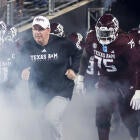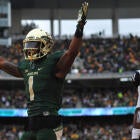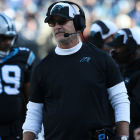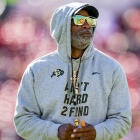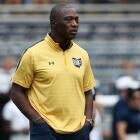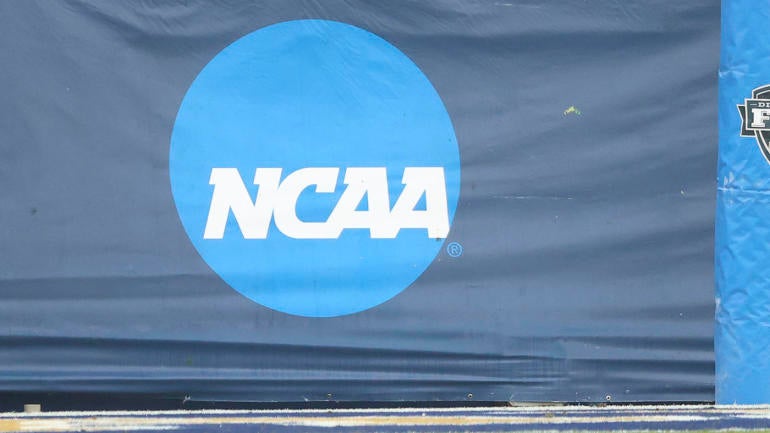
The NCAA announced Thursday that several rules will be enacted for the 2022 football season, including an appeals process for the targeting rule. Additionally, changes were made to address fake injuries, fake slides, blocking below the waist and defensive holding.
Schools will now be able to appeal second-half targeting penalties to determine if the player who committed the foul will be forced to sit out the first half of the team's next game. The conference will submit an appeal to the national coordinator of officials, who will determine if the foul was assessed correctly. If it wasn't, the penalty would be overturned and the player will be eligible to participate in the first half of the subsequent game.
The NCAA also addressed players faking injuries to slow the pace of a game, a practice that has become more common with the widespread use of up-tempo offenses. Conferences and schools will now submit a report to the national coordinator of officials, who will provide feedback to the conference. The conference or school would then levy any additional punishment.
"We considered all options to address this issue, including allowing both teams an opportunity to substitute after a first down," said David Shaw, Stanford coach and chair of the Football Rules Committee. "This is another step to consider in the future."
The so-called "Kenny Pickett Rule" has also been greenlit. Any ball carrier who fakes a feet-first slide will be considered down at the spot. Pickett, the former Pitt quarterback, famously ran for a 58-yard touchdown in the first half of the 2021 ACC Championship Game vs. Wake Forest after faking a slide.
Blocking below the waist was addressed by the committee as well. It will be allowed by linemen and stationary running backs inside of the tackle box, but blocking below the waist outside of the tackle box is prohibited. Defensive holding will remain a 10-yard penalty, but will always carry an automatic first down.
![[object Object] Logo](https://sportshub.cbsistatic.com/i/2020/04/22/e9ceb731-8b3f-4c60-98fe-090ab66a2997/screen-shot-2020-04-22-at-11-04-56-am.png)








